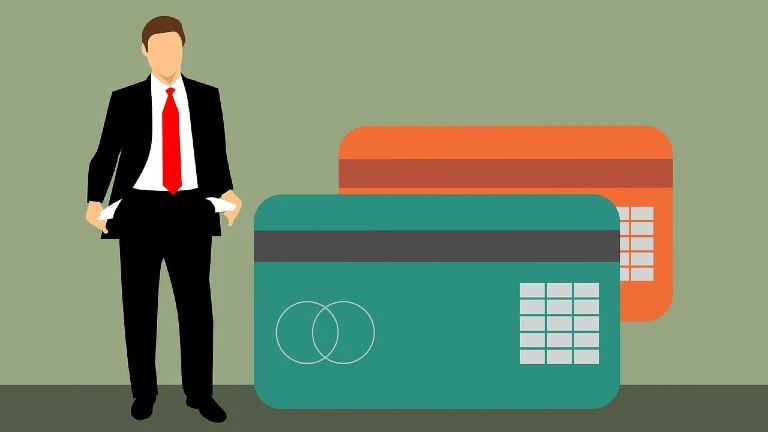What is a Collection Agency?
A collection agency is a business that pursues payments on debts owed by individuals or businesses. Most agencies operate as agents of creditors and collect debts for a fee or percentage of the total amount owed.
Many collection agencies, beginning with first-party collection agencies, are often subsidiaries of the original company to which the debt is owed. Third-party agencies are separate companies contracted by a company to collect the debts on their behalf, usually for a fee.
Another growing industry is debt buyers, in which the collections agency purchases the debt at a fraction of its initial value and then attempts to collect it. Each country has rules and regulations regarding companies that collect financial debts and their practices, which can sometimes be aggressive.
Collection Agency Industry Associations and Foundations
- American Collectors Association – ACA International (ACA), the Association of Credit and Collection Professionals, is a comprehensive, knowledge-based resource for success in the credit and collection industry. The ACA includes third-party collectors, asset buyers, attorneys, creditors, and vendor affiliates. The association establishes ethical standards and produces various products, services, and publications for the credit and collection industry to businesses, policymakers, and consumers. They offer email newsletters and a magazine to help you get more information.
- Commercial Collection Agency Association – Provides information on the collector’s code of ethics, profiles, links, free literature, news, and surveys.
- Consumer Data Industry Association (CDIA) – The CDIA provides helpful industry information and statistical research.
- Commercial Law League of America – North America’s leading organization of collections, creditors’ rights, and bankruptcy professionals. Legislative news on collections and credit reporting.
Credit Reporting Agencies
Three reporting agencies are considered the “big three” in the industry. They are Equifax, Experian, and TransUnion. Each of the big three reporting agencies provides consumers access to their credit reports and a wide range of other services to consumers and businesses. Visit their website for more information.
Laws & Regulations
The Fair Debt Collection Practices Act is the main law pertaining to these areas. The Federal Trade Commission (FTC), the nation’s consumer protection agency, enforces the Fair Debt Collection Practices Act (FDCPA), which prohibits debt collectors from using abusive, unfair, or deceptive practices to collect from you.
Under the FDCPA, a debt collector regularly collects debts owed to others. This includes collection agencies, lawyers who collect debts regularly, and companies that buy delinquent debts and then try to collect them.
Acronyms
The following are some of the more common acronyms related to this area. As a private detective, it is important to be able to speak the language if you plan to offer these services to your clients.
- ABA – American Bankers Association
- ABI – American Bankruptcy Institute
- CCAA – Commercial Collection Agency Association
- FDIC – Federal Deposit Insurance Corporation
- FTC – Federal Trade Commission
- MBA – Mortgage Bankers Association
- NFCC – National Federation of Credit Counselors
Recommended Books
Amazon.com has an extensive array of Collection Agency Books that explain how to start your agency or get a debt collector off your back.
Private Investigators as Debt Collectors
Private investigators (PIs) are uniquely positioned to offer debt collection services to their clients, as their skills and resources align well with the needs of this industry. Debt collection often involves locating debtors, assessing their financial status, and determining their ability to pay. PIs excel in these areas, leveraging advanced research tools, databases, and investigative techniques to uncover valuable information.
PIs can diversify their offerings, expand their client base, and create an additional revenue stream by providing debt collection services. Many businesses struggle with recovering unpaid debts, and they value the expertise of professionals who can efficiently trace debtors and gather evidence of assets. A PI’s ability to legally and ethically access hard-to-find data, such as employment details or hidden assets, gives them a competitive advantage in debt collection.
Moreover, PIs can bring a personalized and strategic approach to debt collection. Unlike larger collection agencies that often rely on automated systems, PIs can tailor their efforts to the specific circumstances of each case, improving recovery rates while maintaining compliance with laws like the Fair Debt Collection Practices Act (FDCPA).
Ultimately, offering debt collection services allows PIs to strengthen client relationships by solving critical problems and demonstrating their value as resourceful and versatile professionals.
Questions and Comments
If you have any questions about this overview or any of the suggested resources, please post a comment below.
- How To Get a Private Investigator License in Indiana - January 1, 2026
- Private Investigators for Parental Abductions & Missing Persons: What Police Can’t Do - December 1, 2025
- Amazon Alexa for Investigators: A Guide to Digital Evidence - December 1, 2025
